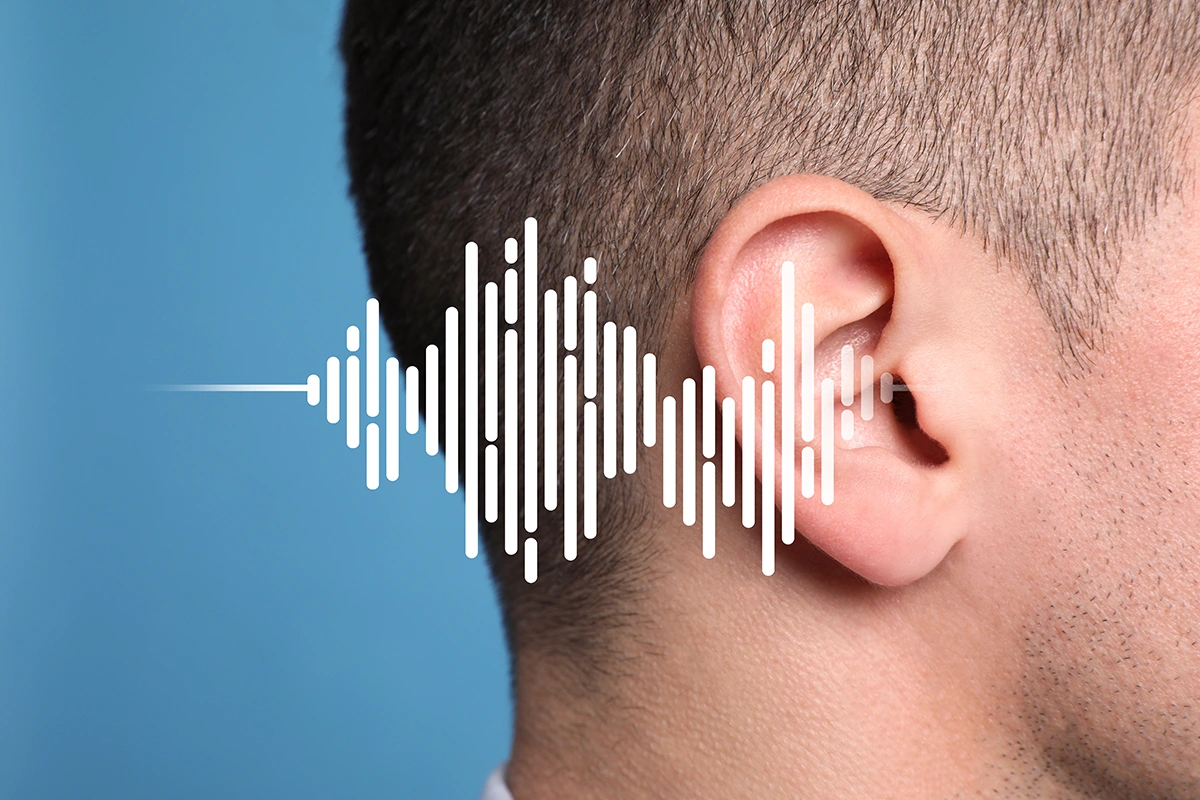
Noise-induced hearing loss (NIHL) is a significant public health issue. According to research, approximately 40 million people in the U.S. have permanent hearing loss from exposure to loud noise1. People of all ages and backgrounds can develop NIHL. From occupational hazards to recreational activities, we are all exposed to potentially harmful noise levels on a daily basis.
In this article, we provide a detailed overview of noise-induced hearing loss (NIHL), focusing on symptoms, causes, treatment options, and prevention tips.
What Is Noise-induced Hearing Loss? (NIHL)
Noise-induced hearing loss (NIHL) is a type of sensorineural hearing loss (SNHL) that occurs when loud sounds damage the inner ear. Our inner ears contain fragile sensory hair cells that are crucial for auditory processing. When sound waves enter the ear, these tiny hair cells vibrate and create electrical signals that the brain translates into sound.
However, when exposed to loud noises, it puts excessive stress on these cells and causes damage. Unfortunately, these cells do not regenerate, resulting in permanent hearing loss. NIHL can affect one or both ears, and it can occur immediately or develop gradually over time, depending on the duration and intensity of sound exposure.
Symptoms of Noise-induced Hearing Loss
Today, NIHL is increasingly common, but frequently goes unrecognized due to its gradual nature. In fact, a study analyzed by the Centers for Disease Control (CDC), found that 1 in 4 of the adults who reported no hearing problems actually had measurable hearing loss2. While NIHL can be difficult to notice at first, without proper preventative measures, the symptoms will progressively become worse over time.
Common symptoms of noise-induced hearing loss include:
- Difficulty understanding speech, especially in noisy environments
- Ringing, buzzing, or roaring sounds in the ears (tinnitus)
- Frequently asking others to repeat themselves
- Muffled or distorted hearing
- A sensation of fullness in the ears
- Difficulty hearing high-pitched sounds
Symptoms can vary in severity depending on the extent of exposure and individual susceptibility. Regular hearing exams are important for monitoring changes in your hearing and catching NIHL loss early on.
What Volume Causes Noise-Induced Hearing Loss?
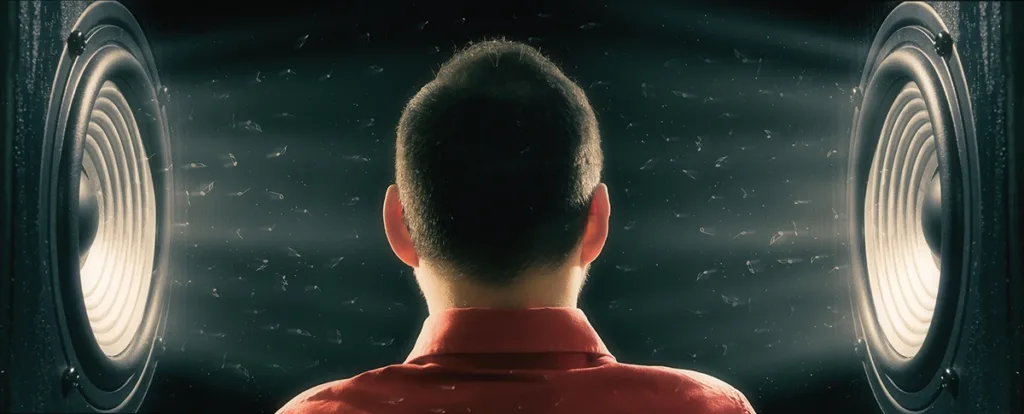
NIHL occurs when loud sounds damage the delicate hair cells located in the inner ear. This can be caused by a single loud sound or prolonged or repeated exposure to loud noises.
All sounds 70 decibels (dB) and louder have the potential to cause hearing damage over time. The louder the sound, the less time it takes for damage to occur. Any sound at or above 120 dB can cause instant and permanent hearing damage.
Below, we list common noises, their average decidable levels, and how long it takes for them to damage your hearing:
| Average Decibels (dB) | Noise Example | Duration of Exposure |
|---|---|---|
| 69 dB or quieter | Normal speaking voice | No effect at any length of time |
| 70 dB | Washing machine, dishwasher, etc. | 8 hours |
| 80 dB | Lawn mower, leaf blower, etc. | 2 hours |
| 90 dB | Motorcycles, chainsaws, etc. | 1 hour |
| 100 dB 105 dB 110+ dB | Live music events, sporting events, etc. | 15 – 20 minutes 5 minutes 2 minutes |
| 120+ dB | Gunshots, fireworks, etc. | Immediate damage |
Risk Factors of Noise-induced Hearing Loss
Everyone at any age is susceptible to NIHL. Some of the most common causes of NIHL are noises you are likely exposed to every day. Without proper preventative measures, the risk of permanent hearing damage increases the longer you are exposed to loud noise. The biggest risk factors of noise-induced hearing loss include:
Occupational Noise
Approximately 24% of all hearing loss in the United States is caused by exposure to loud sounds at work2. Heavy machinery, loud equipment, noisy crowds, and other sources of loud noise can cause irreversible damage to your hearing.
Some industries at the highest risk of NIHL include:
- Construction
- Agriculture
- Transportation
- Manufacturing
- Mining
- Entertainment
- And more
No matter where you work, protecting your hearing is an essential part of maintaining your overall health and safety.
Recreational Noise
Many popular recreational activities also have the potential to cause hearing damage, including:
- Concerts and music festivals
- Headphones at high volume
- Busy restaurants, bars, cafes, etc.
- Motorsports (motorcycles, snowmobiles, etc.)
- Sporting events (especially in stadiums and arenas)
- Hunting and shooting
- Boating
- Fireworks displays
- Airshows and aviation events
- And more
Enjoying life to the fullest shouldn’t come at the expense of your hearing. With proper hearing protection, you can enjoy all your favorite pastimes while also greatly reducing the risk of NIHL.
Noises at Home
Many tools and appliances we use at home produce noise loud enough to cause hearing damage over time. Some examples include:
- Lawn mowers
- Leaf blowers
- Hair dryers
- Household appliances like blenders
- Home entertainment systems at high volume
To prevent NIHL at home, make sure to wear hearing protection like earplugs while using loud appliances or equipment and give your ears a chance to rest and recover by taking breaks from the noise.
Acoustic Trauma
A singular sound that is extremely loud can also cause instant hearing damage. This is known as acute acoustic trauma (AAT). Any sound at or above 120 dB can cause immediate, and irreversible damage to your hearing.
Some common causes of acoustic trauma include:
- Explosions
- Gunshots
- Jet engines
- Fireworks
Is Noise-Induced Hearing Loss Permanent?
Noise-induced hearing loss is permanent. Damage to the tiny hair cells in the inner ear cannot be reversed, but there are treatment options that can help improve your hearing.
NIHL Treatment
Managing NIHL often involves a combination of prevention and treatment. While there’s no cure, hearing aids can significantly improve hearing for those with NIHL. Additionally, protective measures like earplugs and limiting exposure to loud noises are essential for preventing further damage.
Is Noise-Induced Hearing Loss Preventable?
Noise-induced hearing loss is entirely preventable. Below we list some key strategies to help prevent NIHL:
- Wear proper hearing protection when exposed to loud sounds
- Limit the amount of time you spend in noisy environments, and take breaks in quiet areas to give your ears a rest
- Set the volume at a safe level when using headphones or earphones, or when listening to music or watching television
- Follow the 60/60 rule when using headphones: listen at no more than 60% volume for no more than 60 minutes at a time
- Schedule routine hearing check-ups to monitor your hearing health and catch potential issues early on
Using these simple prevention tips, you can reduce the risk of NIHL and safeguard your auditory health for years to come.
Schedule a Hearing Exam at an Audibel Clinic Near You
NIHL cannot be reversed, but it is preventable with the right strategies. At Audibel, our hearing healthcare specialists are dedicated to providing the personalized care you deserve.
Don’t wait–take control of your hearing health today by scheduling an exam at an Audibel clinic near you.
References
- Noise-Induced hearing loss. (2022, March 16). NIDCD. https://www.nidcd.nih.gov/health/noise-induced-hearing-loss
- Carroll, Y. I., Eichwald, J., Scinicariello, F., Hoffman, H. J., Deitchman, S., Radke, M. S., Themann, C. L., & Breysse, P. (2017). Vital Signs: Noise-Induced Hearing loss among Adults — United States 2011–2012. MMWR Morbidity and Mortality Weekly Report, 66(5), 139–144. https://doi.org/10.15585/mmwr.mm6605e3

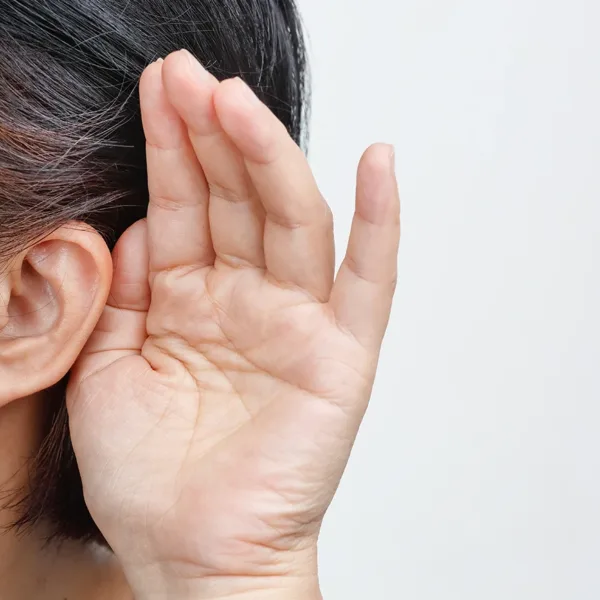
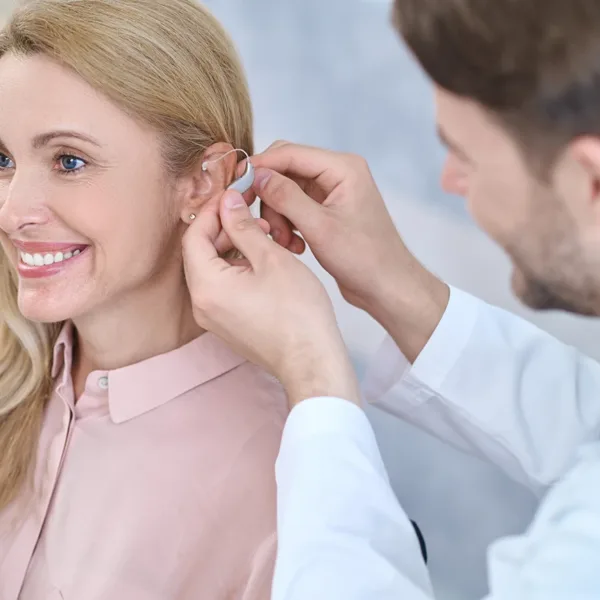
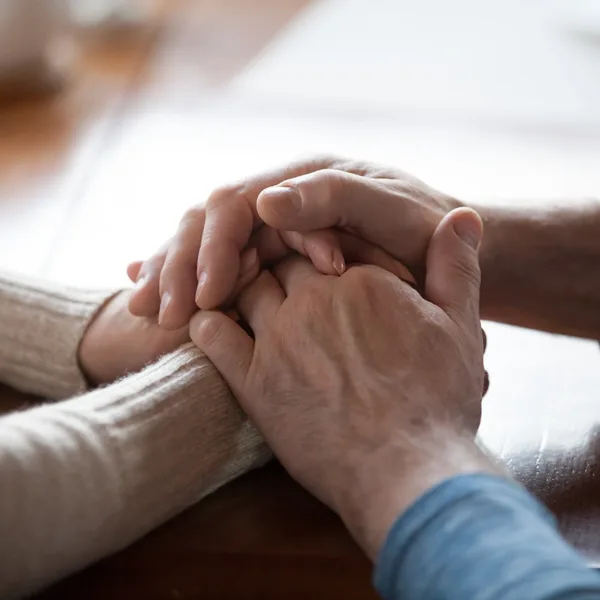



Have a question or Comment?